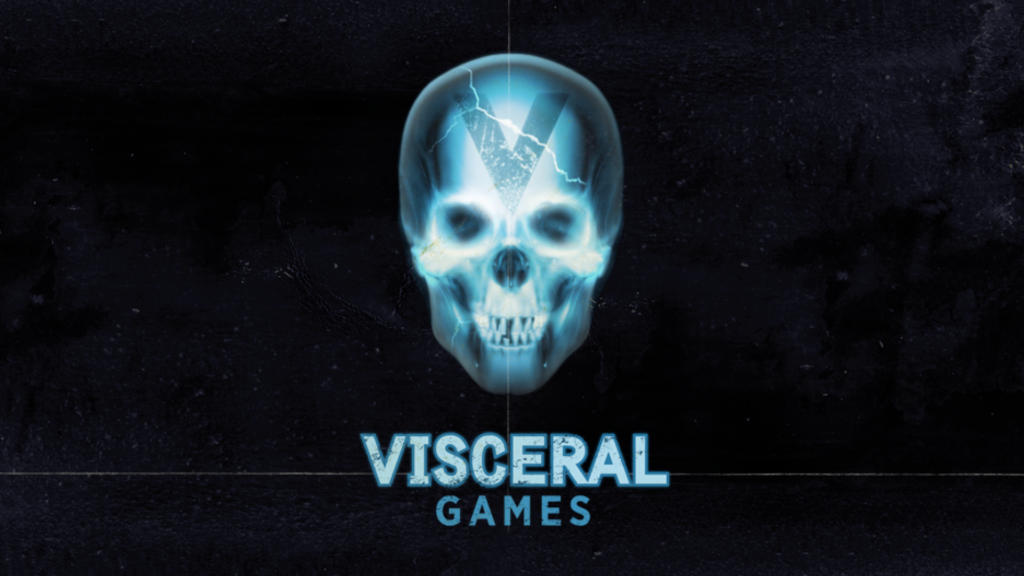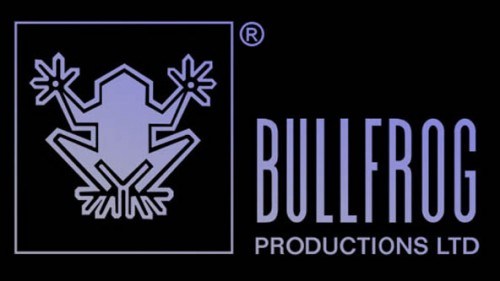It’s a little disturbing, when you can have a list of the top 5 studios shut down by a publisher. But considering that the publisher in question is EA, I don’t think it should come as a surprise. EA has a long history of acquiring great studios, sucking the life out of them, turning them into factories that churn out crap and leaving them to rot when they don’t meet EA’s unrealistic expectations. For anyone who doesn’t believe it, all you need to do is go through the list.
1. Visceral Games
Formerly known as EA Redwood, Visceral crafted an amazing action-horror experience with their Dead Space series, before EA completely messed up Dead Space 3 with their EA-ness. Naturally, the game didn’t sell as many copies and Visceral was handed Battlefield Hardline. Lately, the studio had been working on a Star Wars title, which to EA’s dislike, was shaping up to be a linear, single-player experience (duh, that’s what Visceral does the best). But no. EA won’t have it, cause single-player isn’t hot right now. Huge, open worlds with multiplayer and every single kind of microtransaction you can imagine are what’s working. Obviously, that’s what EA would go for. Shutting down Visceral was probably the shittiest decision taken by EA, but hey, as long as they’re making money, does it really matter whether the games are good?
2. Black Box
Remember the golden days of NFS games? Whether it was cruising around listening to Riders on the Storm in Underground 2, or getting to the top of the black list in Most Wanted or drifting down mountain roads in Carbon, they all had one thing in common. They were made by Black Box, a team passionate about racing games. I still feel that NFS Carbon was the last good NFS title to come out, though that’s my personal opinion. The studio was renamed to Quicklime Games in 2012, and closed down in 2013.
3. Pandemic Studios
Before Star Wars Battlefront became a microtransaction and DLC-riddled disease, Pandemic Studios made two amazing titles in the series. The original Battlefront and Battlefront II still continue to remain two of my favourite games in the Star Wars franchise. Pandemic used to focus mainly on shooters and RTS games, until EA took over in 2007. After that Pandemic was assigned to titles like The Lord of the Rings: Conquest and a tie-in game for The Dark Knight (which was later cancelled). Perhaps this was nothing but an omen to the studio’s incoming doom, as it was shut down in 2009, just two years after being taken over by EA.
4. Bullfrog Productions
Bullfrog Productions was a British video game developer, founded in 1987 by Les Edgar and Peter Molyneux. The company became recognised in 1989 for their third release, Populous, and is also well known for titles such as Theme Park, Magic Carpet, Syndicate, and Dungeon Keeper. Electronic Arts, Bullfrog’s publisher, acquired the studio in January 1995. Molyneux had become an Electronic Arts vice-president and consultant in 1994, after EA purchased a significant share of Bullfrog. Molyneux’s last project with Bullfrog was Dungeon Keeper and, as a result of his dissatisfaction of the corporate aspects of his position, he left the company in July 1997 to found Lionhead Studios with three other Bullfrog employees. Others would follow them to Lionhead, and some founded their own companies, such as Mucky Foot Productions. After Molyneux’s departure, Electronic Arts’ control over Bullfrog contributed to projects being cancelled, and in 2001 Bullfrog was merged into EA UK and ceased to exist as a separate entity.
5. Westwood Studios
Westwood Studios, Inc. was an American video game developer, based in Las Vegas, Nevada. It was founded by Brett Sperry and Louis Castle in 1985 as Westwood Associates and was renamed Westwood Studios when it merged with Virgin Games (Later Virgin Interactive Entertainment) in 1992. The company was bought by Electronic Arts alongside Virgin Interactive’s North American operations in 1998, and Westwood was closed by EA in 2003. Westwood is best known for developing real-time strategy, adventure and role-playing genres. It was listed in Guinness World Records for selling more than 10 million copies of Command & Conquer worldwide. The last former Westwood employee quit working for Electronic Arts after the release of Command & Conquer: Generals in 2003.
Register with us for the best in gaming, and join us for video game discussions on our forums.






